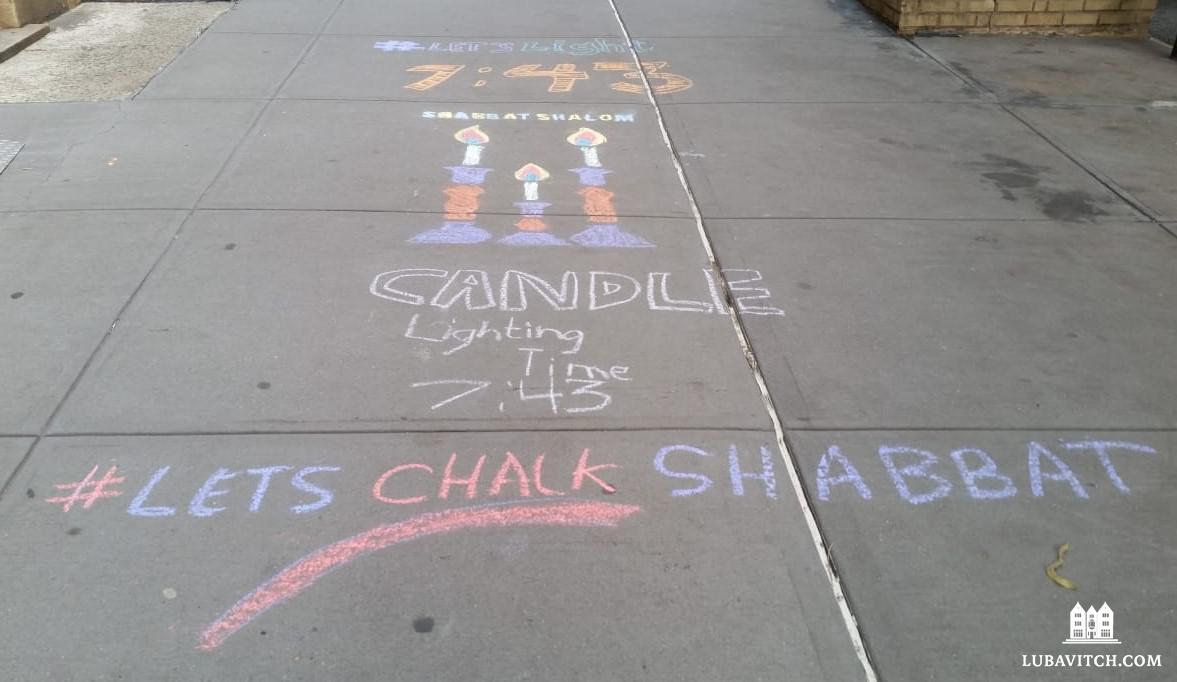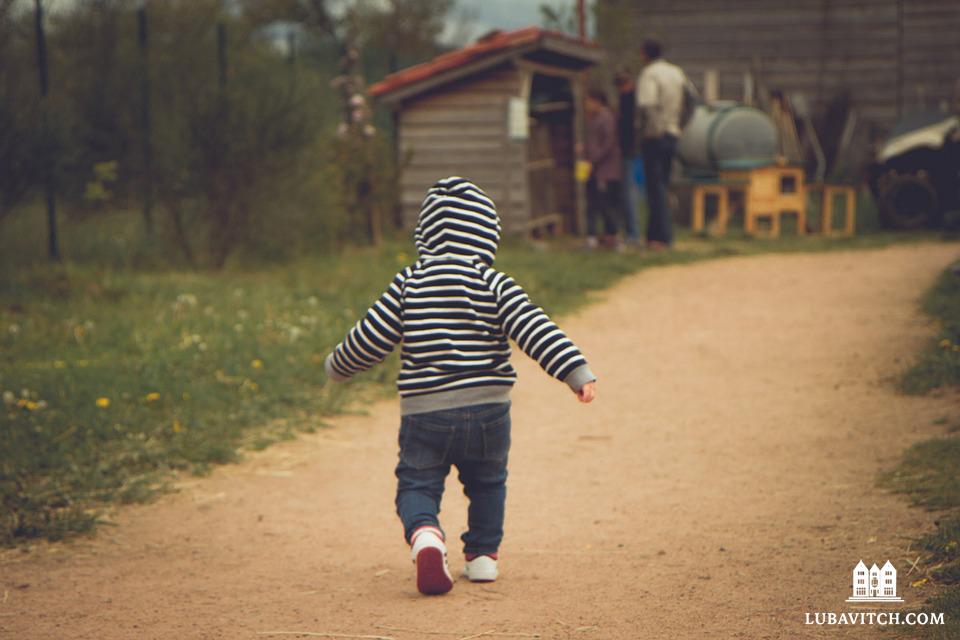Dear Sarah,
My kids do not attend a Jewish school, and I have chosen other after-school programs for them other than Hebrew School that are in line with our family’s ecological and social values. I am not sure that my children knowing about Jewish ritual, history and lore will make them better people, and yet a part of me feels they should have it in their lives. How can I make it relevant to them?
Parents Who Want More
Dear Parents Who Want More,
I recently took our day camp on a field trip to the New York Hall of Science in Queens. One of the highlights was the Connected Worlds exhibit, which immerses visitors in a beautifully animated world where our actions – gestures, movements, and decisions – impact how well the world is kept in balance. With a wave of a hand, visitors can make plants grow, creatures move or even cut down dead foliage. A giant animated book gave direction to how to to sustain the balance of life and how to use the water that flowed throughout the simulated reality. When the campers diverted water to one place, the trees and plants in other parts of the world started to wither, and it required constant work to maintain a healthy virtual world.

The exhibit reminded me that we are all part of a single organism; nothing in nature thrives in isolation; our actions today create the future; and all of creation is interconnected and reliant on each other.
If you can relate to the idea that our efforts to protect the environment can transform our personal lives, impact the world at large and also future generations to come, then you might be able to see the place for Judaism in your life and how it can help your family thrive. Living Jewishly is good for you, it’s good for your family right now, and it’s good for future generations as well.
The Torah begins with the creation story, and it is really a story lived by every human being, every day. Daily, we reenact the story of how G-d created the world and then gave it to us humans in partnership to continue to create, sustain and reveal His presence in this world, bringing His vision for the world to fruition. Being aware of this global mission and working towards it every day gives meaning and purpose to our daily lives.
Judaism places the emphasis on concrete, tangible deeds. When we introduce daily rituals and regular Mitzvot to our children, we demonstrate how change and transformation starts from us, through small, sustained actions. Like recycling, doing Mitzvot every day or every week as part our routine makes it a part of our lives and it reinforces the values and ideas of Judaism.
At the same time, we need to foster the feeling in our children that we are part of something much bigger than ourselves, and that the deeds we do in impact the rest of the world in profound, cosmic ways that we might not see. This is echoed in Chassidic thought, which teaches us that every act of kindness we do towards others and every Mitzvah we observe uplifts us and makes us better people, and simultaneously, affects the world at large for good.

Here are some ways you can bring aspects of Jewish practice into your family routine that will bring these ideas to life:
- Celebrate the Mitzvot you do! Find a mitzvah you love to do, and share your excitement and joy about performing it with your children. Encourage them to find and celebrate their own special Mitzvah. For example, you can establish the ritual of giving charity every day. Practiced mindfully, it reinforces the message that what we have is a gift from Above, and that sharing is a way of life. Let your children choose where to send the funds when the charity box is full!
- We are a part of G-d’s Plan. Teaching children to look for the pattern of Divine Providence in our daily lives helps reinforce the idea that we are part of G-d’s plan. Recognizing G-d’s daily presence in our lives, in even the tiniest of ways, we orient our children to think about their place in G-d’s creation.
- Learn together. Reviewing the weekly Parshah together as a family and reading Jewish stories to your children will foster an important bond to their Jewish identity through Torah. Encouraging their questions and seeking real-life application to what you are learning together will reinforce what you are doing Jewishly together as a family.
- Nightly Reflection. Develop a bedtime routine with your children: Ask them to reflect on their day and share what went well, what didn’t, and, what if anything they can do to correct it. Then sing the Shema with them as they cover their eyes and think about their relationship to G-d and their family and community.
- Shabbat Together. As a family, take on a weekly ritual or tradition like baking Challah, eating Shabbat dinner or lighting candles, and do it consistently. Shabbat disrupts the week in a fantastic way, giving us a time and space for connection and reflection with our family. When we disconnect from technology for the 25 hours, it adds a deeper dimension to this time together. Like the nightly Shema, Shabbat can be a time to think about how we are doing in our part in creation.
- Spread the light. For several years now, our daughters have been writing the Shabbat candle lighting times with colorful chalk, on the sidewalk outside our home. They hand out small Shabbat candle kits and homemade challah rolls to passerby. The chalked messages and images remind our neighbors about the coming Shabbat. People have told us they look forward to my daughters’ “Let’s Chalk Shabbat” routine. Help your children create an impact in their community by sharing Mitzvah opportunities with others.
While these are not earthshaking revelations, they are some simple ways we can help guide our children towards thriving in the true sense of the world: growing with a sense of purpose and a realization that they can change the world.
Sarah
“How can Judaism help us thrive?” is a question I’ve been asked to tackle as part of a think tank led by the Jewish Education Project. It is a national initiative, peopled with some incredible thought leaders and Jewish educators from across the spectrum of Jewish life, and is funded by the Jim Joseph Foundation.
I come to this by way of working on the Upper West Side with our Chabad Family Programs to create programs and experiences for children and their families that convey the joy, life and meaning that Torah and Mitzvot can inform our lives. In the process, we create community.
At our first meeting as part of the think tank, we spent a day in discussion around two questions: How does Judaism help us thrive? and how can we make Judaism thrive? Both of these questions are interconnected in profound ways, and reflect the need to focus on the particular/personal and the global/communal aspects of our lives.
Chabad representative of the West Side Family Programs, Sarah Alevsky is director of the Hebrew School and Kivun, a Jewish after-school program for children attending Harlem Hebrew.

Be the first to write a comment.